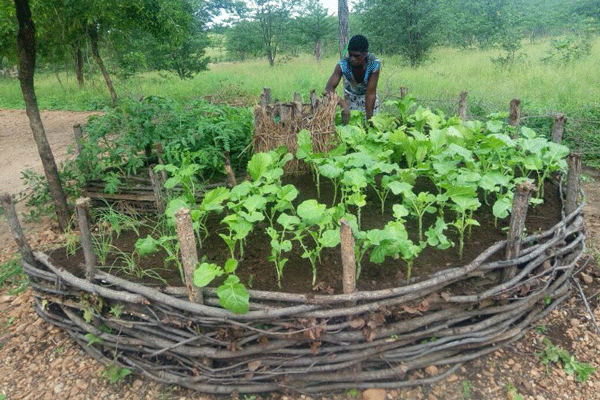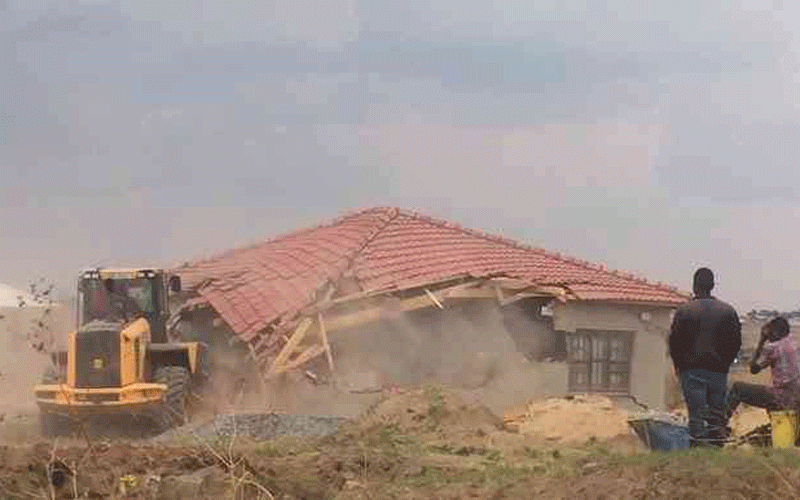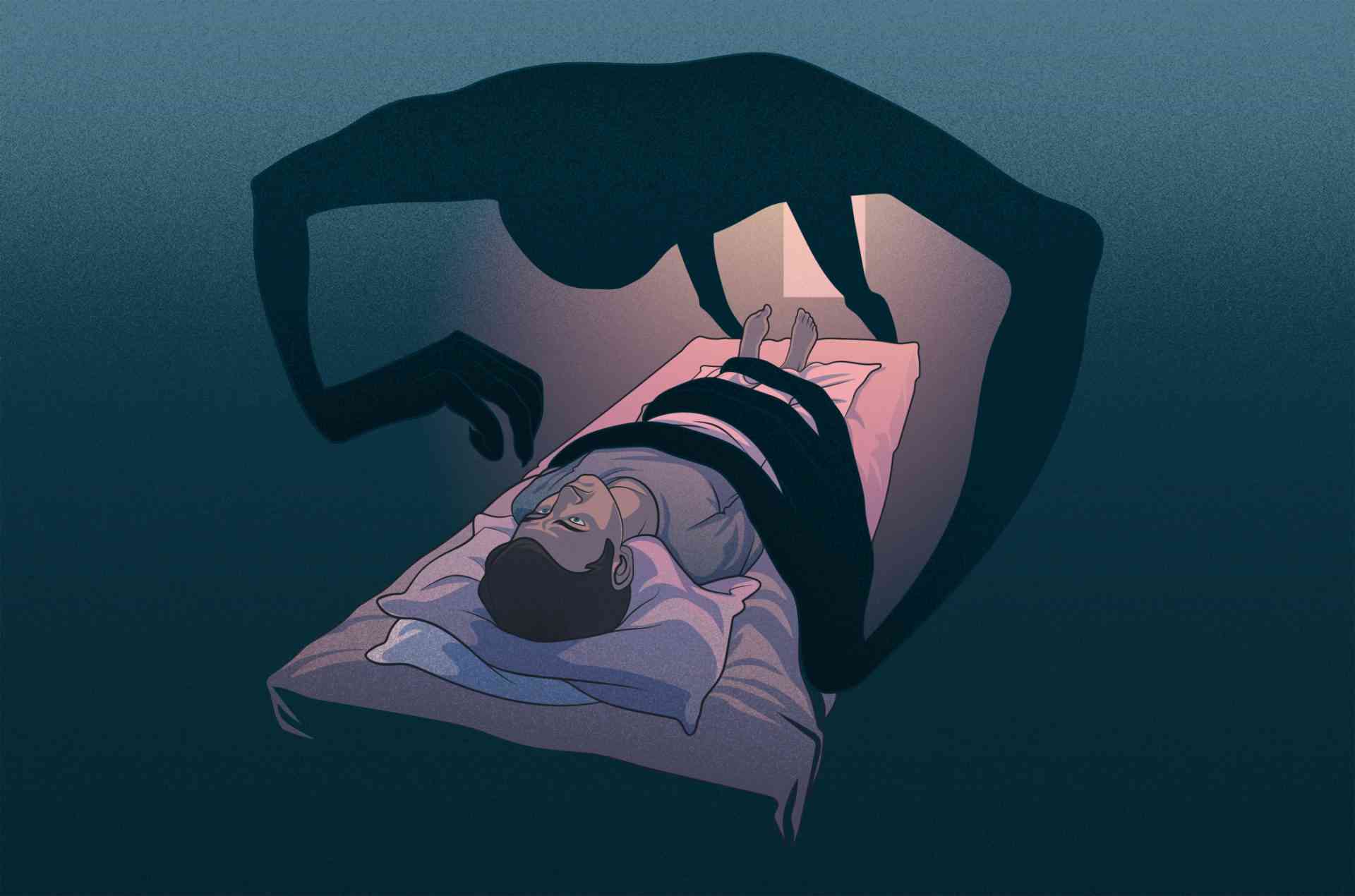
As southern Africa continues battling with a plethora of natural and man-made disasters, the Zimbabwe Red Cross Society (ZRCS) in partnership with Finnish Red Cross is championing a community-driven resilience project which has helped entrench home-grown solutions to everyday challenges.
By Moses Mugugunyeki

The project, which is being implemented in Muzarabani district’s four wards of Chadereka, Chiwenga, Kairezi and Dambakurima has over the years brought positive change in a largely vulnerable community.
Muzarabani district in Mashonaland Central province has for long been vulnerable to the impact of climate change which results in disasters like flooding, drought and wind storms.
ZRCS secretary-general Maxwell Phiri believes their intervention has in a big way contributed to positive change through capacity development.
“Muzarabani has for a long time borne the brunt of natural and man-made disasters but we are happy to be working with communities and stakeholders from government in championing development and mitigating disasters,” said Phiri.
Key activities under the building community resilience through integrated community and disaster risk reduction initiative include promotion of gardens, tree planting, energy-saving Rocket Lorena cookstove, water and sanitation, among other interventions.
With the gardens, ZRCS volunteers promote household nutrition security through a climate change adaptation technique which uses domestic waste water for watering the plants on a small family garden.
- Chamisa under fire over US$120K donation
- Mavhunga puts DeMbare into Chibuku quarterfinals
- Pension funds bet on Cabora Bassa oilfields
- Councils defy govt fire tender directive
Keep Reading
This compound garden innovation in a largely dry area, ensures that the household gets an annual supply of vegetables while reducing the burden of women who would have to travel to distant community gardens for gardening.
Another plausible activity under the project is the Rocket Lorena cookstove, an energy-saving initiative which uses less wood, therefore reducing deforestation and has many benefits such as prevention of households injuries and burns, respiratory diseases and increases the general cleanliness of the homes.
Both the gardens and the Rocket Lorena cookstove are easy to set up and they use locally available materials to construct.
The tree planting initiative is another climate change mitigation endeavour, where the communities are encouraged to protect the environment through planting of trees provided by ZRCS.
This is for long-term mitigation of the recurrent wind storms that have continuously caused damages to community properties.
Under the cookstove and tree planting initiatives, ZRCS has been working in close partnership with the Environmental Management Agency and Agritex officials, sharing solidarity messages on tree conservation as well as the consequences of deforestation which is linked to the recurrent hydro-meteorological disasters.
A beneficiary of the gardens in Chiwenga, Stephinet Kapaurendo (30) thanked the ZRCS for the initiative which she said has helped her family enhance their nutrition.
“The keyhole garden innovation has improved our nutrition. In years past, we would only enjoy the greens during the rainy season but with this idea we can do so throughout the year,” she said.
ZRCS through its community resilience processes is assisting communities in enhancing their confidence to champion their own development by identifying local risks and development action plans for the priority hazards.
Some of these action plans include the Chadereka footbridge which was constructed in 2015. This inititaive has helped ease the access challenges during flooding periods. Even with the 2017 floods, there were no reports of drowning and marooning as communities could easily move to higher ground, thanks to the footbridge.
The Muzarabani community resilience project has also been commended for responding to the widespread food insecurity through a cash transfer project which started last year.
Through this project which ended early this year, a total 1 444 households benefitted. Beneficiaries were receiving cash transfer of $35 for a family of five which they would redeem for basic households goods.
The Muzarabani resilience project which started off as community-based health and first aid in action has been running since 2012 and its cycle continues until 2019, with high prospects of expansion.











